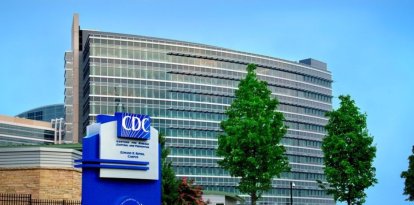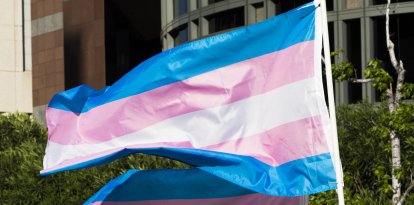San Francisco: How the $5 million reparations payment to each black resident was decided
The chairman of the African American Reparations Advisory Committee, Eric McDonnell, argued that the high figure came about as a result of a "journey" and that there was no "math formula."

Voz Media (Pexels - Canva)
In January, San Francisco's African American Reparations Advisory Committee argued that the city should provide $5 million in financial compensation to black residents under "reparations" for alleged decades of discrimination.
Recently, the committee's chairman, Eric McDonnell, explained to The Washington Post how the idea of paying the exorbitant figure to each black resident who meets a series of requirements originated. He commented that there was no "mathematical formula" and that it all came about as a result of a "journey" through the city's history:
The committee argues that the proposed reparations program is not a monetary reward for the consequences of slavery, as it was never legal in San Francisco. However, they defend the idea that the city imposed decades of racist policies that economically harmed black residents. The payment would then be for:
HRC Reparations 2022 Report Final_0 by Verónica Silveri on Scribd
An unrealistic proposal
Some city officials say the proposal is unrealistic because of San Francisco's limited public funding budget this year. Hillary Ronen, a member of the city's Board of Supervisors, told The San Francisco Chronicle that even if not all of the city's 50,000 black residents qualified for the full $5 million, the expense would still be unsustainable:
Some members of the reparations advisory committee itself are also critical of the proposal. Amos Brown, who is part of the program's working groups, argued that the payment plan "distracts from the other recommendations" of the proposal:
San Francisco Republican Party Chairman John Dennis commented that the proposal is not a "serious effort" to establish an agreement on whether black residents should receive reparations. However, he said he was open to initiating a conversation.
Eligibility requirements
The report with the final proposal will be published in June, so the requirements of those who would qualify for the payment are not yet explicitly described. The following criteria are required in the drafts for the time being:
- Have identified as Black or African American on public documents for at least a decade.
- Be at least 18 years old.
- Born in San Francisco between 1940 and 1996.
- Have proof of San Francisco residency for at least 13 years.

























